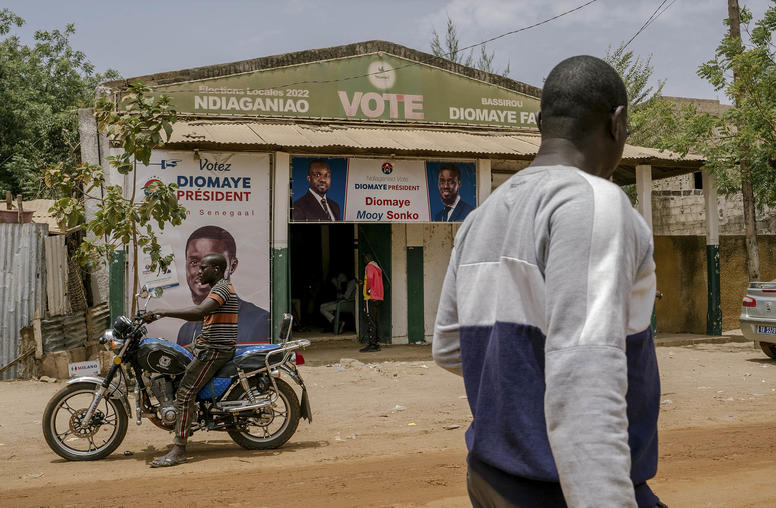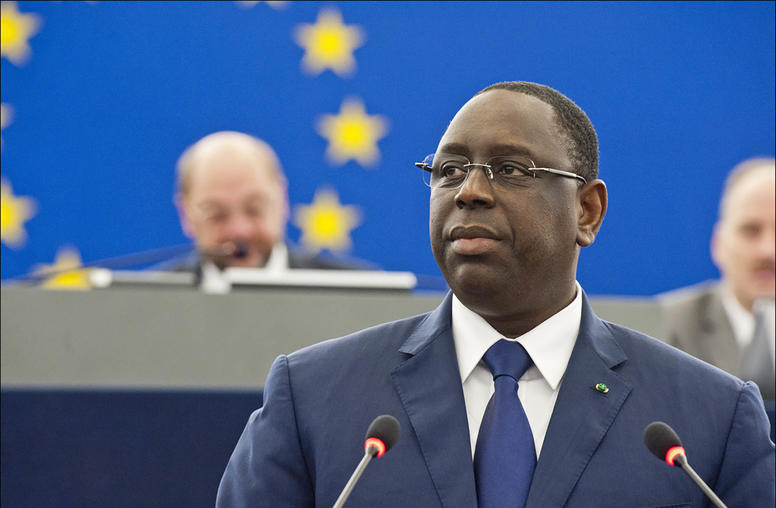Joseph Sany, Ph.D.
Contact
Please submit all media inquiries to interviews@usip.org or call 202.429.3869.
For all other inquiries, please call 202.457.1700
Dr. Joseph Sany joins USIP as the vice president of the newly established Africa Center. Dr. Sany has been working at the forefront of peacebuilding with civil society, governments, businesses, and international organizations in Africa for over 20 years.
In his most recent role at FHI 360, Dr. Sany provided technical leadership in the design and implementation of multi-year, multi-million-dollar peacebuilding and civil society development programs in several countries in Africa and Asia. He led the organizational and institutional capacity development strategy of many civil society organizations in Africa. He also advised the design, implementation, and dissemination of the annual USAID Civil Society Sustainability Index that assesses the civil society sector and operating environment in 75 countries, including 32 in Africa.
Prior to his work at FHI 360, Dr. Sany advised international organizations and development agencies including the United Nations Stabilization Mission in Haiti, USAID missions, and the Economic Community of Central African States on peacebuilding and development strategies. He led several peacebuilding and civil society program assessment and evaluation missions in more than 20 countries in Africa. In addition, he has worked with USIP staff to expand and establish the U.S. State Department-funded USIP/ African Contingency Operations Training and Assistance program as a gold standard of civilian-led pre-deployment curriculum training on the continent. Sany has a rich experience moderating high-level, multi-stakeholder policy dialogues and collaborative actions at the national level in several countries in Africa, including Djibouti, Mali, and Senegal, among others.
Dr. Sany has researched, taught peacebuilding courses, and published scholarly articles on peacekeeping, peacebuilding, and civil society, including the book, “Reintegration of Ex-Combatants: A Balancing Act.” He currently writes about African development and politics in the blog African Praxis. He is fluent in English, French, and West African Pidgin English and holds a doctorate in public policy and a master's in conflict analysis and resolution from George Mason University.




